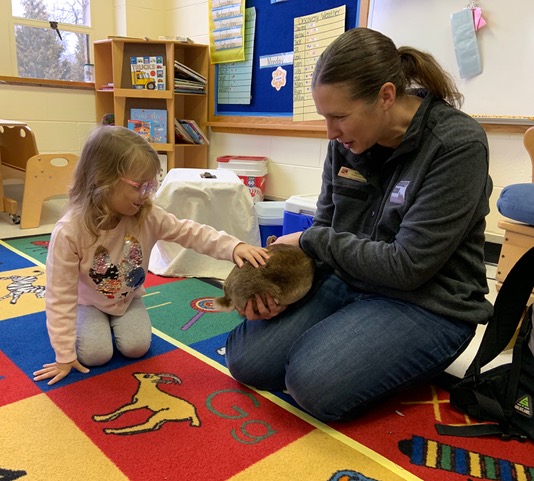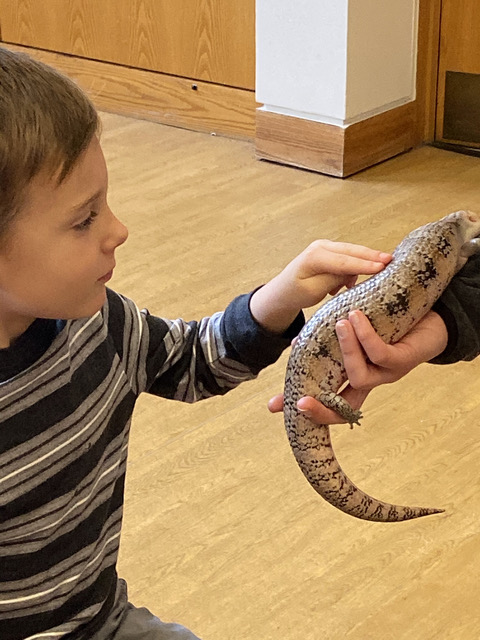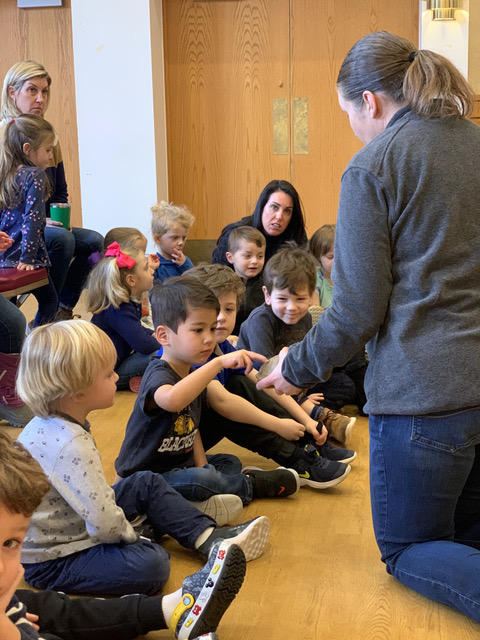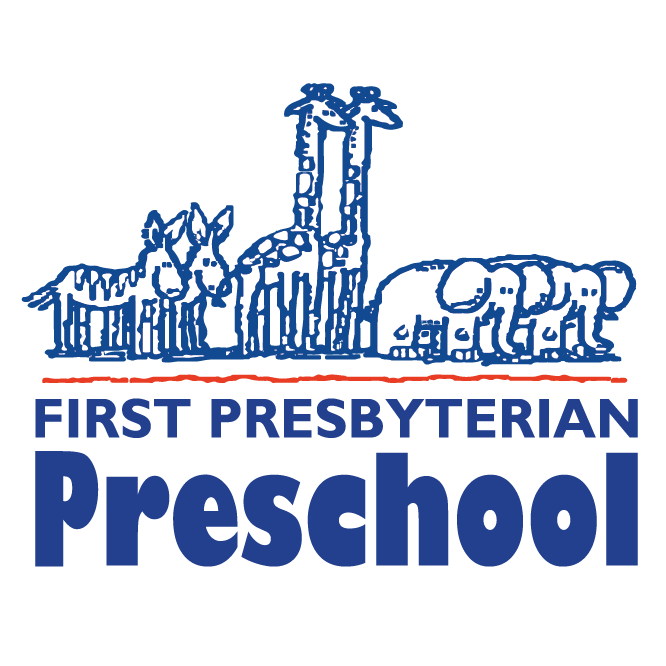Hands-on learning is the process of learning by actually doing and experiencing something, rather than just being told about it. The term “hands-on” is used because these activities usually involve the physical use of the hands – for example children might use manipulatives such as counting cubes and sorting objects to understand mathematical concepts, rather than just being taught the theory via books or pencil and paper exercises.
Hands-on learning is particularly important for young children, as this is how they are programmed to learn. Children learn from observing, copying, and experimenting with their hands and body as soon as they are born, and play continues to be the most important way of learning new skills until they reach school age and beyond.
Using actual experiences to learn concepts and skills is much more effective than simply being told about them, as in the proverb: “Tell me, I’ll forget; show me, I’ll remember; involve me, I’ll understand.” If you ever doubt this principle, just think about how many people learn to drive from reading a book!
This month, the children in Preschool had a visit from the Cosley Zoo in Wheaton, IL. They have an outreach program that brings programming into schools to offer children these hands-on learning experiences. This in-school program involves introducing the children to three different animals that are indigenous to the state of Illinois and that might live in their neighborhood or somewhere close to where they live. Activities like this visit that combine involving children in talking, listening, and using their hands activates more areas of the brain than just a single activity.
This is one of the beautiful things about the Preschool programming here at FPP. If you come to visit us, you will see children actively engaged in hands-on learning everyday.
“Develop a passion for learning. If you do, you will never cease to grow.” – Anthony J. D’Angelo
Blessings,
Suzie Brunner
Director of Preschool




Leave Your Reply